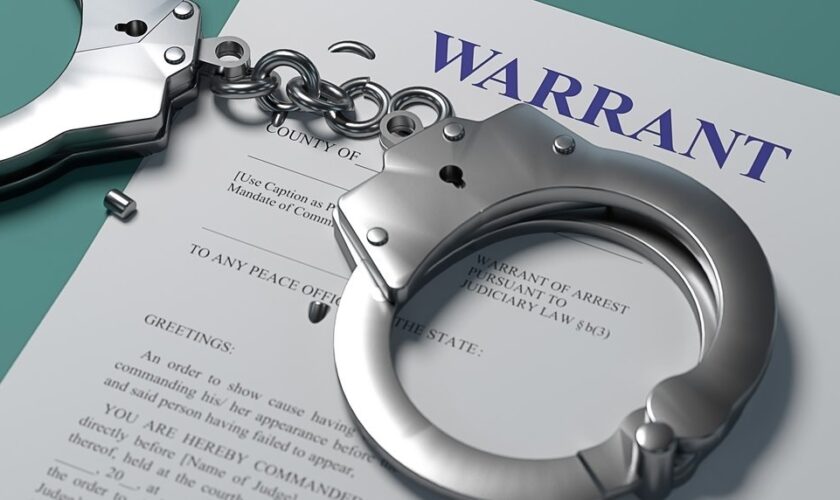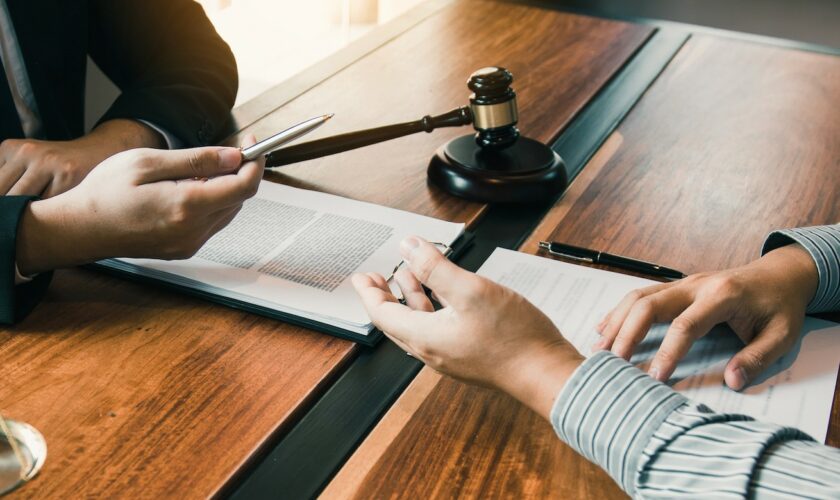Getting a Fair Car Accident Settlement: What to Expect and How to Maximize Your Claim
If you’ve been in a car accident, you may be wondering about the process for receiving compensation and getting a fair settlement. Settlement amounts can vary greatly and depend on many factors. Read on to learn what to expect from a car accident settlement and how an experienced car accident lawyer can help maximize your claim.
What Is A Car Accident Settlement?
A car accident settlement is a legally binding agreement between an accident victim and the at-fault driver’s insurance company to compensate the victim for their losses related to the accident. Car accident settlements can include compensation for medical bills, lost wages, pain and suffering, vehicle damage, and other expenses and hardships resulting from the accident.
Settlements allow accident victims to avoid court while receiving fair compensation for their injuries and damages. Understanding how car accident settlements work is crucial for getting the maximum settlement you deserve after an accident. This guide will provide an overview of the entire car accident settlement process and key factors in determining settlement amounts.
What is the Car Accident Settlement Process and Timeline?
After an accident, the car accident settlement process begins by contacting your insurance company and the at-fault driver’s insurance company to file a claim. The at-fault driver’s insurer will investigate the accident details and determine the fault for the accident before making a settlement offer.
Working with an experienced car accident lawyer is highly recommended, as they can handle negotiations and ensure your rights are protected throughout the process. Most personal injury lawyers work on a contingency basis, meaning they only get paid if they secure a settlement offer for their clients.
Following your lawyer’s guidance to document your injuries, communicate with insurance adjusters, and properly process and protect your rights following the accident is important. Rushing through the process or accepting an insufficient settlement could cost you deserved compensation down the road.
Many car accident settlements are reached within 6 months to a year after the crash. However, complex cases with major injuries can take 2 to 3 years to finalize a settlement. An experienced attorney will manage every detail and fight for the full compensation you deserve.
Dealing with Insurance Companies After an Accident
After reporting your car accident claim, the at-fault driver’s insurance company will investigate details like police reports, medical records, and witness statements to determine fault for the accident.
Within 30 days, the insurer should make a settlement offer based on their assessment of damages. It’s very rare for initial offers to be fair or sufficient. Working with a personal injury attorney, you can negotiate a settlement to get full compensation for both economic and non-economic damages.
Insurers often make very low initial offers, hoping victims will accept quickly. However, experienced attorneys know how to apply pressure and negotiate until the insurer makes a reasonable offer that adequately compensates the full extent of losses.
What to Expect in a Settlement Offer?
Settlement offers vary greatly depending on the nature of the car accident cases. The severity of injuries, the result of the accident investigation, and the details surrounding the person at fault for the accident all contribute to the settlement offer. It is crucial to consult with a professional before you accept a settlement offer to ensure your rights are adequately protected.
Factors That Determine Settlement Amounts
Several key factors influence car accident settlement amounts:
- Personal injury details – The severity of injuries and required medical treatment significantly impact settlements. More severe injuries warrant higher compensation.
- Medical bills – All medical expenses related to accident injuries are included in settlements. This covers hospital bills, appointments, physical therapy, medications, assistive devices, and more.
- Lost income – Any lost wages due to missing work for treatment or recovery are factored in.
- Pain and suffering – Compensation for physical pain and emotional distress is a key part of many accident settlements.
- Property damage – Repairs or replacement for any damaged property, such as vehicles or other personal items.
- Future costs – If injuries are expected to require ongoing treatment and expenses, the settlement will cover estimated future costs.
- Comparable cases – Your attorney will assess previous settlements in similar cases to determine fair compensation.
The total settlement amount is calculated by adding up all these expenses, damages, and losses. Though settlements vary widely, the average car accident settlement ranges from $14,000 to $28,000. However, severe injuries or extensive damages can result in well over $100,000 in payments.
Is There a Typical or Average Car Accident Settlement Amount?
The typical car accident settlement amount can vary substantially by state and situation. However, some estimates indicate:
- The average car accident settlement ranges from $14,000 to $28,000
- Settlements for minor injury crashes average between $3,000 to $7,000
- More serious accidents result in average settlements of $50,000 to $75,000
- Major crashes causing permanent disability or death may exceed $100,000
Remember that every car accident settlement depends on the case’s unique facts. There is no guaranteed settlement amount. An experienced attorney can help maximize your payout based on your specific losses and long-term needs.
Legal Action for Fair Compensation
If you are not offered a fair settlement, taking legal action against the at-fault driver may be the best recourse. With an attorney’s representation, car accident victims can file a personal injury lawsuit seeking a court decision awarding damages.
Lawsuits are time-consuming and involve extensive evidence gathering and negotiations. But they are sometimes necessary if the insurer refuses reasonable settlement talks. An experienced car accident attorney can advise if legal action is needed to get the compensation you deserve.
Why You Might Need a Car Accident Attorney
Navigating a car accident lawsuit can be a challenging task. Trust an experienced firm like Edwards Family Law in Atlanta. A car accident attorney can help guide you through the process and protect your rights. Attorneys often work on a contingency basis, meaning they do not get paid unless a settlement can be reached. They can effectively negotiate a settlement with the insurance company, ensuring you receive a fair amount.
Frequently Asked Questions:
Q: What should I do if I am involved in a car accident in Texas?
A: If you are involved in a car accident in Texas, you should first ensure your safety and the safety of others involved. Then, exchange contact and insurance information with the other party, document the accident scene, and report the incident to the police and your insurance company.
- How Does Auto Insurance Play into a Car Accident Lawsuit?
- Auto insurance is a critical element in a car accident lawsuit. It covers the damages caused by the car accident and can significantly influence the settlement with the insurance company. Understanding your policy and the role it plays in the lawsuit is crucial.
- What Constitutes a Fair Settlement?
- A fair settlement should adequately cover all the losses you have suffered due to the accident. Factors such as medical bills, property damage, lost wages, and pain and suffering are included in a settlement. It’s essential to understand how settlements are negotiated and what makes a settlement fair.
- What is Included in a Settlement for a Car Accident?
- A car accident settlement can include compensation for medical expenses, property damage, lost wages, and pain and suffering. It can also include future expenses related to injuries caused by the accident. Knowing what to expect can help you ensure you are adequately compensated for your losses.
Key Takeaways
- Car accident settlement amounts vary substantially based on your damages, injuries, insurance coverage, and other case details.
- Experienced attorneys can help maximize your settlement by thoroughly investigating your claim, aggressively negotiating, and being willing to go to court if needed.
- Never accept an insurance company’s initial settlement offer without speaking to a qualified car accident lawyer.
- Legal representation is key to getting full and fair compensation for your losses.
- Most car accident claims settle out of court within 6 months to 2 years after the crash.
If you’ve been injured in a car accident that wasn’t your fault, contact a reputable car accident attorney today for a free consultation. With an attorney on your side, you can make the best claim possible and avoid lowball settlements. Let an experienced lawyer handle negotiations while you focus on your recovery.










